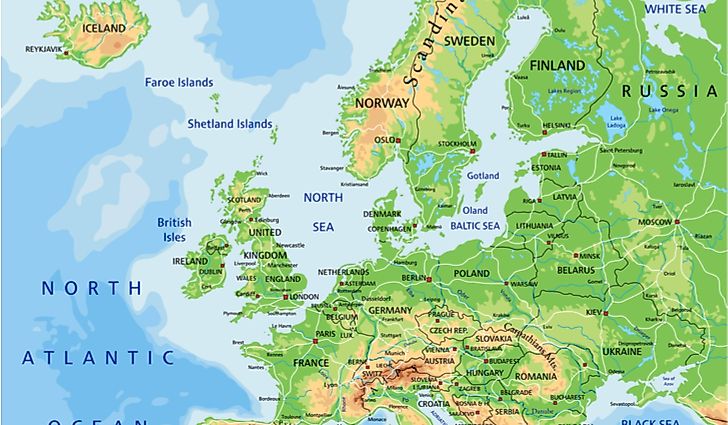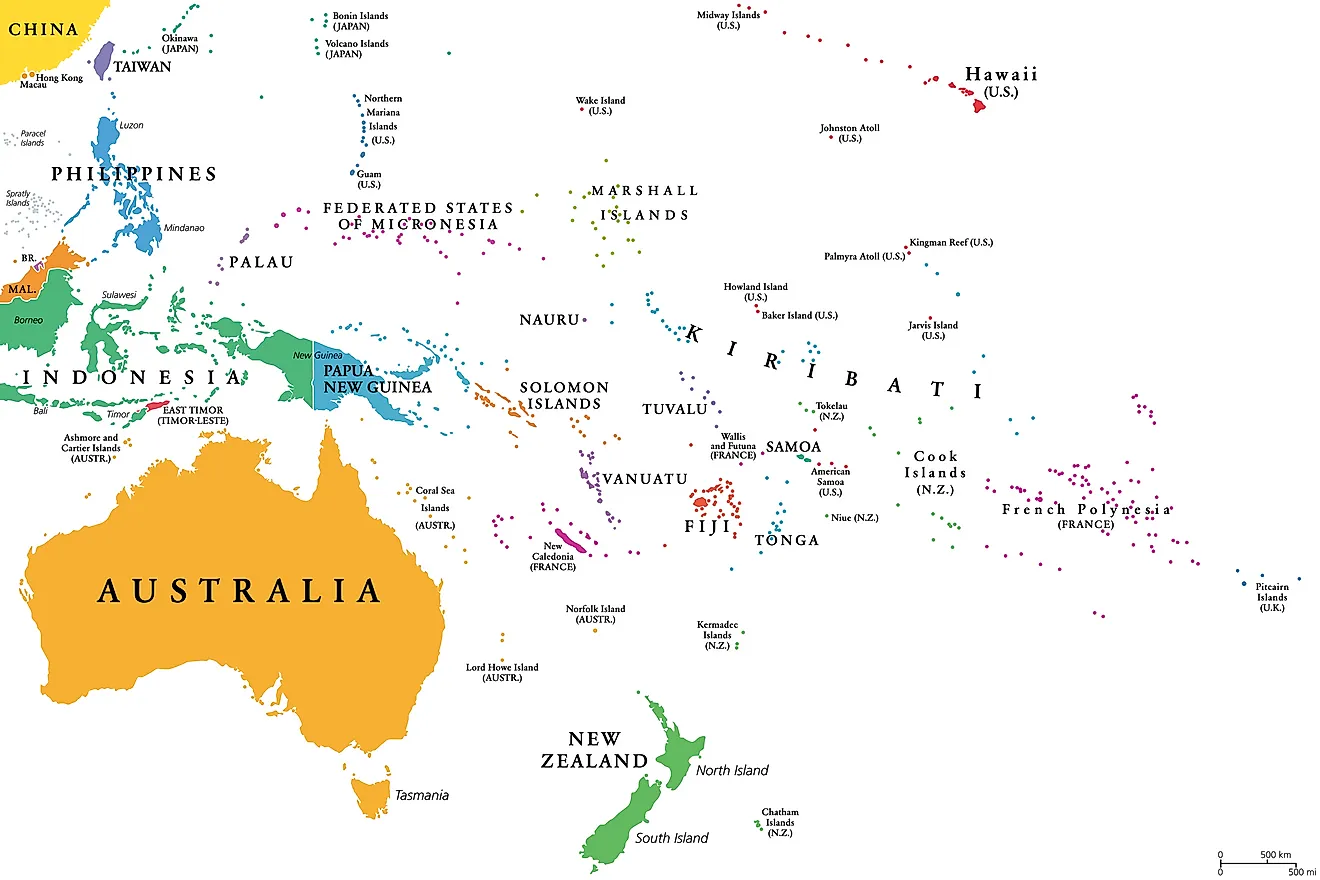What Is the Informal Economy?

The informal economy, also called the informal sector or the grey economy, is a section of the economy which is neither monitored nor taxed by the government. Activities or characteristics of the grey economy are never included in the nation’s (gross domestic product (GDP). The idea of an informal sector initially applied to self-employment in numerous unregistered businesses, but it was expanded to include all wage jobs in the unmonitored sector.
What Is the Origin of the Term "Informal Economy"?
The initial usage of this term is ascribed to an economy-development model, which was created by W. Arthur Lewis to describe the livelihood or employment generation primarily used in developing states. Arthur Lewis used this term to describe the kind of jobs which were viewed by many as failing outside the modern industrial sector. Another school of thought argues that participants working in the informal economy are the ones who lack job social security. According to Dutch sociologist Saskia Sassen, the current informal sector is the product and the driver of advanced capitalism, as well as the primary focus in entrepreneurship in urban areas led by numerous creative individuals like software developers, artists, designers, and architects.
Causal Theories of the Informal Sectors
There are numerous schools of thought and different theories explaining the origin of the informal sector. Dualists argue that people working in the informal sector are excluded from current economic opportunities because of an imbalance between the growth of modern industrial jobs and the population, plus a mismatch between the skills of job seekers and the structure of current economic communities.
Legalists believe that the hostile legal system led the self-employed to prefer operating informally with their legal customs, while voluntarists believe that entrepreneurs working in the informal sector decided to work informally after considering the costs and benefits of working informally, as compared to operating formally.
Structuralists believe that the nature of capitalist growth is what drives the informal sector, especially attempts by formal companies to lower labor costs with the primary aim of increasing competition, plus the reaction of formal firms to organized labor global competition, state regulations, and the industrialization process.
Characteristics of the Informal Economy
One of the main characteristics of the informal sector, which has resulted in its growth, is a lack of barriers to entry. Anybody who wants to get into the informal industry can find something to do and earn some income. Other characteristics of the informal economy include the lack of a stable employee-employer relationship, small-scale size of operation, and the usage of different skills learned outside the formal education system.
The type of work done in the informal sector is quite diverse, especially in terms of income generated, technology used, and capital invested. The grey economy spectrum ranges from unpaid families to shoe shiners, junk collectors, and street vendors. The higher end of the informal spectrum includes activities like manufacturing businesses or small-scale services which require high setup costs. People working in this economy lack welfare protection, among other employment benefits. These enterprises have irregular working hours, plus they do not pay taxes like formal sector businesses.







